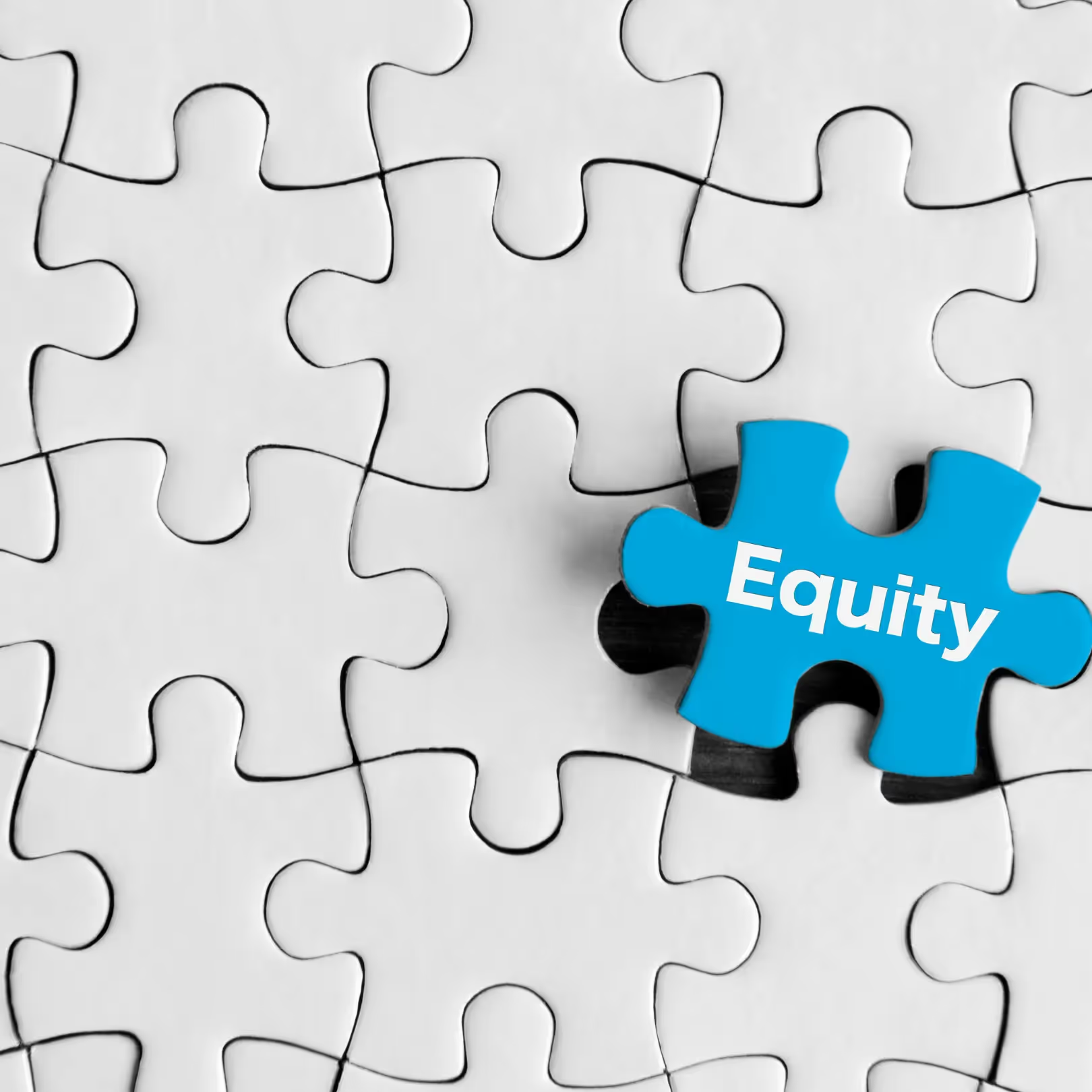The Foundation of Resilient Teams
July 16, 2025

As I create the Skill Sessions for my Teams Learning Library and PLC, I've been reflecting on what makes a team resilient and transformative.
After years of coaching leaders, I'm convinced that the quiet work of relationship-building in the early months pays off in ways that no strategic plan alone can deliver.
Here are three concrete reasons why prioritizing getting to know your team members in the beginning of the year is perhaps the most important leadership move you can make:
1. Trust precedes transformation. When team members feel truly seen and known by their leader, they develop the psychological safety necessary for risk-taking and vulnerability. I've observed countless teams where change initiatives faltered not because of poor strategy, but because the relational foundation wasn't strong enough to weather the inevitable challenges. When you invest time in learning about each person's strengths, values, and ways of processing, you're actually building the emotional infrastructure that will support your most ambitious goals later.
2. Differentiation is an act of equity and effectiveness. Just as we differentiate for our students, we must differentiate our leadership for each team member. However, meaningful differentiation requires deep knowledge. When you understand that Maria processes verbally while James needs time for written reflection, or that Keisha thrives with public recognition while Thomas prefers private affirmation, you're able to create conditions where everyone can contribute their best. This personalization isn't just kind—it's strategically necessary for accessing the full wisdom and capacity of your team.
3. Early investment prevents crisis management. I've coached many leaders who, in the rush to implement initiatives, skipped the relationship-building phase only to spend triple that time later addressing conflicts, resistance, and misunderstandings. The emotions that emerge during change processes are far better navigated when you already understand each person's history, fears, and motivations. The conversations you have now about people's lives, hopes, and professional journeys will give you crucial context when challenges arise.
Putting it into action:
- Schedule 30-minute conversations with each team member where you ask about their core values, professional aspirations, preferred feedback methods, and what brings them joy in this work.
- Create opportunities for the team to share stories and experiences together. Pay attention to who speaks, who listens, and how decisions are processed.
- Gain additional tips and test-drive our Teams Learning Library and PLC with this free Skill Session all about Getting to Know a Team.
Remember that this isn't separate from the "real work"—it is the foundation upon which all other work stands.
- Subscribe to my Weekly Wisdom Newsletter to get content like this sent straight to your inbox
- The Bright Morning Podcast is now on YouTube! Tune in
- If you want a step-by-step guide to building the relationships and cultural conditions for your team to thrive this year, start your Teams Learning Library and PLC subscription today!

.avif)
.avif)











